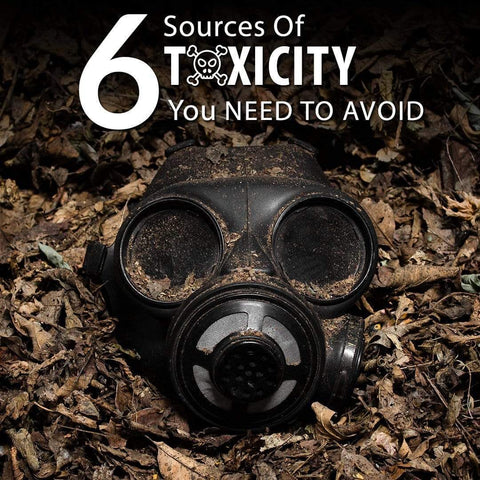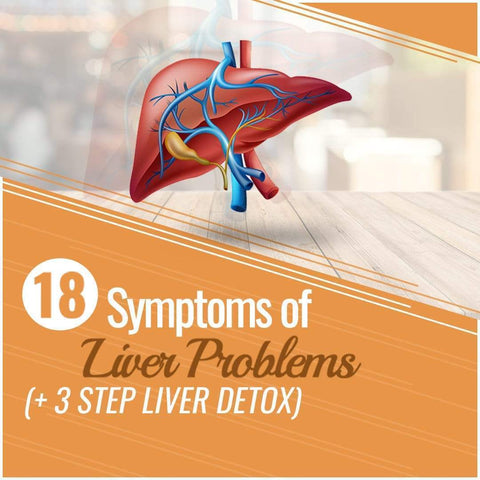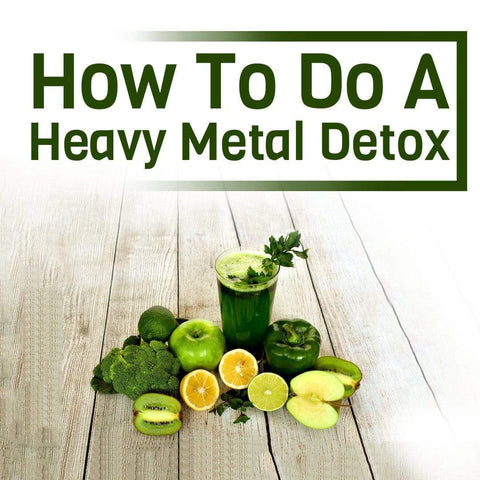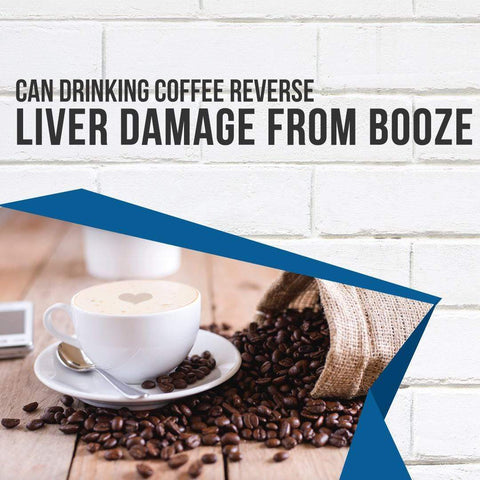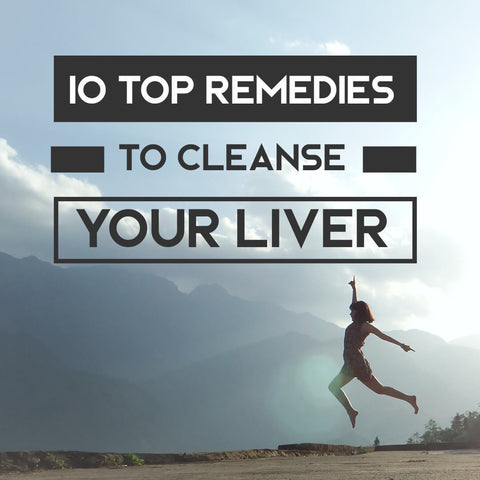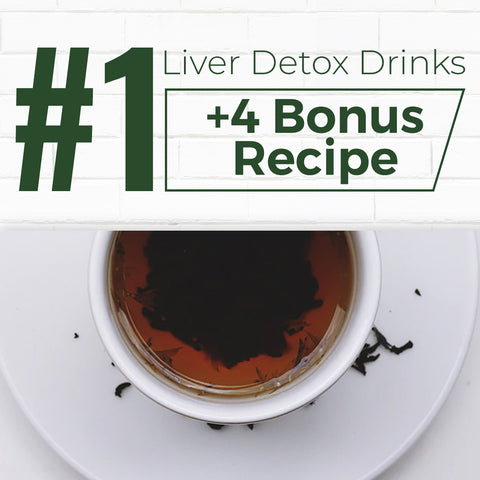
The U.S., compared to Europe and other parts of the world, has been more lax in the governmental regulation of food and farming practices. Other countries have banned certain foods and agricultural chemicals that the United States still allows.
Other countries seem to be more sensitive to evidence highlighting the possible, or probable, toxicity of sketchy unnatural foods and harsh chemicals, which give farmers and manufacturers convenience all whilst possibly destroying the health of consumers. Possible reasons for the lax policy could include the powerful influence of large food or agrochemical companies, or just a very permissive attitude in policy-making circles toward these toxic threats.
Defenders of questionable chemicals or foods might utter things like there is no “definitive proof” that said food or chemical causes disease in humans or that it is safe as long as the amount in your body is below a certain amount (the “safe” reference range). Obviously, in these cases, other countries often disagree with the U.S.
1. Brominated Vegetable Oil

Some soft drinks like Mountain Dew, Fanta, and Gatorade contain this type of vegetable oil that has been reacted to contain the element bromine. Brominated vegetable oil was originally found to be an effective flame retardant by chemical companies but made its way into soft drinks and sports drinks to improve the flavor.1 In fact, these oils have been used in furniture, toys, and plastics.6
There are concerns that this type of oil accumulates in fatty
tissue. The Scientific American magazine says that studies have correlated brominated oils with numerous health problems such as neurological disorders and endocrine disruption. It has been shown to accumulate in various tissues in the human body.6 This accumulation has also been witnessed in rats who have been fed brominated oil.5 Japan and much of Europe has been so concerned over this additive that they have banned it.1
2. Farmed Salmon
The world’s waters are becoming increasingly polluted, and because of the destructive effects of these pollutants on the environment and on the human body, the contamination is considered a global threat.2 Unfortunately, pollutants like heavy metals, dioxins, PCBs, and organochlorine pesticides accumulate in the tissues of numerous sea creatures. When humans eat these creatures, we can absorb the pollutants in them.

Pollutants, like the heavy metal mercury, have very low excretion rates once a fish absorbs it into the gastrointestinal tract.3 Other pollutants in fish can damage cells and biomolecules in the body as well as interrupt their metabolic processes.
Norwegian researchers have warned consumers about the dangers of consuming farmed salmon, which has been shown to have high levels of certain pollutants like dioxins and PCBs.2 Australia and New Zealand have banned farmed salmon that are raised in an environment of pollutants and antibiotics.4 Wild salmon is considered to be much lower in pollutants like these, and wild Alaskan salmon is still thought to be a substantially clean source of salmon.
Exclusive Bonus! Download the FREE report ‘How To Detox Your Liver & Body in 3 Simple Steps’ by clicking here.
3. rBGH in Milk

rBGH is an artificial growth hormone given to cows in the United States to make them produce more milk. It has been banned in the European Union, Canada, Israel, New Zealand, and Australia.
Anyone who is drinking milk or eating cows treated with rBGH will absorb some of this unnatural hormone. rBGH can cause health problems in cows, such as aggressive tumor metastasis and reproductive disorders.7
rBGH also significantly raises IGF-1 levels in milk, a hormone which fans the flame of metastasis in humans.8
4. Genetically Modified Organisms (GMOs)
Europe and other parts of the world have been much more skeptical of GMO crops than America and has strict labelling laws regarding these foods. Although the science is limited and there haven’t been any consistent health problems confirmed because of GMO consumption, there are concerns that some GMO crops are being over-sprayed with toxic synthetic pesticides and herbicides. Foods like corn and soy are often genetically modified, and they make it into many packaged foods in the U.S.

Dozens of countries all over the world have banned either the cultivation or importation of GMO crops. Countries like Russia, Israel, and Norway have banned its cultivation. The European Union, Brazil, and China all have a strict process in which GMOs are approved on a case-by-case basis.
5. BHT and BHA in Some Cereals, Chips & Beer

These preservatives have been banned in Japan and some parts of the European Union. In animal studies, they have been evidenced to cause dysfunction in numerous organs including kidneys, liver, and lungs.9 Some scientific organizations have urged caution toward the use and consumption of these preservatives, and in the U.S., only small amounts are allowed in food. These preservatives can be in many foods including cereals, potato chips, and beer.
6. Artificial Coloring in Many Packaged Foods and Soft Drinks
These are really bad. And they’re in plenty of food items in America. They are banned in the UK and in other European countries, and labels are required to warn of the possible health effects. You may have seen ingredients like “Yellow 5” or “Red 40” on processed food packaging.
Artificial colorings in food were originally synthesized from coal tar and more recently from petroleum. That sounds scary enough, but what’s even worse is that these dyes

have been consistently deemed carcinogenic in clinical studies. They have shown genotoxic and hypersensitivity-inducing effects.11
You are bound to find food coloring in many low-quality packaged foods like cereal and colored drinks.
7. Arsenic in Farmed Chickens

In America, arsenic-based drugs are given to chickens to give their flesh a hue that’s more pink and to make them grow faster. Arsenic is a toxic and carcinogenic metalloid that damages cells and interferes with metabolism. And it just sounds downright sketchy and unhealthy, but convenience once again takes precedence in many farming operations. Also, arsenic accumulates in human tissue over time, so it’s bound to build up over the years.10
There are definitely foods to avoid in the United States. Buying processed foods may be like walking into a minefield. And it’s not only food items that may be toxic. Chemicals that indirectly make it into the food supply, like toxic herbicides that are allowed in the U.S. but not in other countries, are also health concerns.
The good news is that there are many health food stores in America, and demand for organic food that is grown without synthetic agrochemicals is growing. In the end, consumers have the final say in deciding what they buy.




